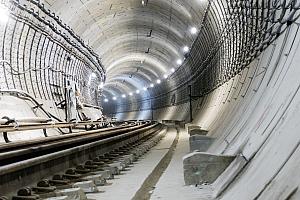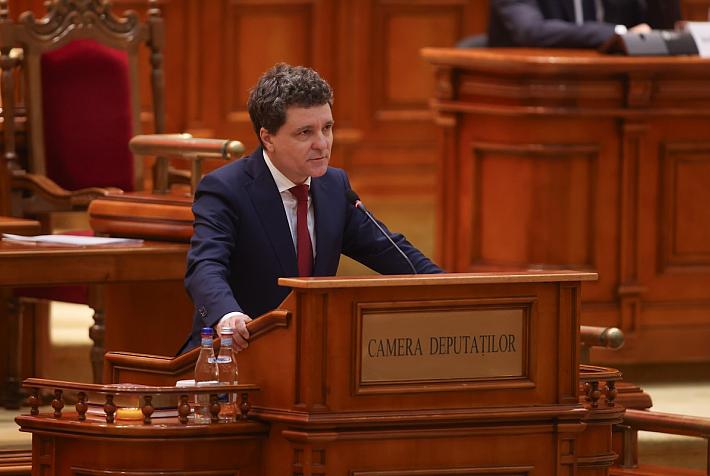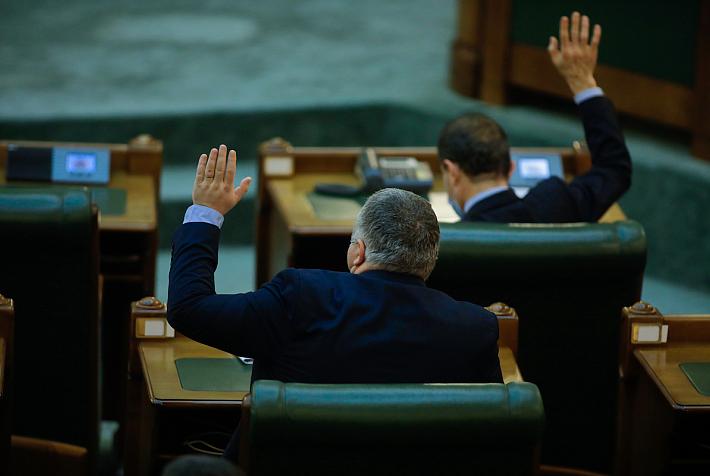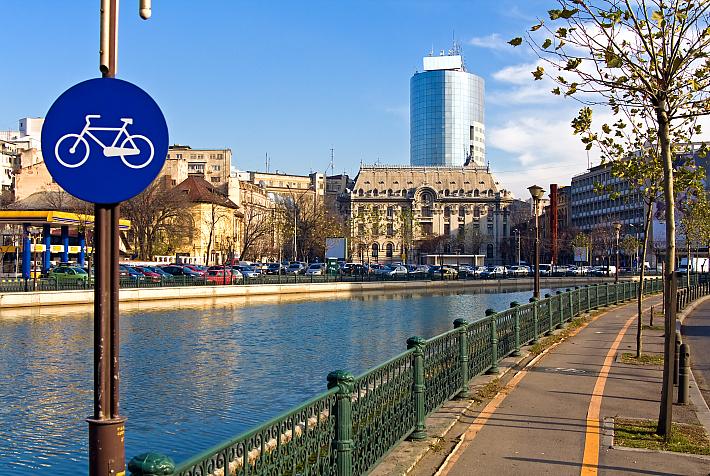Romanian Govt. allocates additional funds for Cluj metro
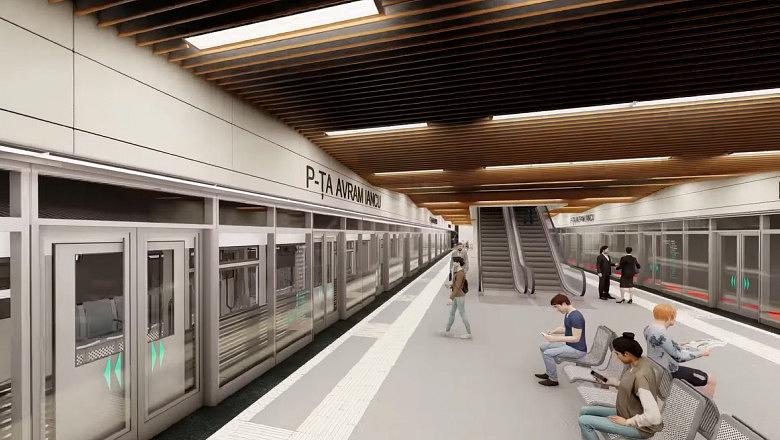
The Romanian government recently allocated an additional EUR 700 mln to the construction of the Cluj-Napoca metro in an effort to cover the sharp rise in the price of construction materials.
Cluj City Hall launched the building of the metro, the first aside from the one in Bucharest, back in March.
The metro is set to have 19 stations. The budget for its construction, put together at the end of 2021 and set at EUR 2 bln, will expand to cover recent price hikes.
To justify the supplementary funds, the executive approved new technical and economic indicators for the metro. New government estimates show that the project will reach a total cost of EUR 2.77 bln. Roughly EUR 300 mln of that sum will be provided through the National Recovery and Resilience Facility (PNRR), according to Economedia.
The COVID-19 pandemic, the war in Ukraine, and connected supply chain disruptions lead to a 40% price hike for construction materials and impacted the sector in the whole of Europe, according to the Transportation Ministry. Asphalt mixtures, bitumen, steel, or reinforced concrete are now more expensive than a year ago, leading to additional costs for the project. The price of construction equipment and labor has also increased, according to reports by the National Institute for Statistics.
The tenders connected to the Cluj metro had been on pause since August, awaiting the new technical and economic indicators. Back then, Cluj-Napoca mayor Emil Boc noted that he had received “letters from three companies that have built metro lines on four continents informing [me] that they would have liked to participate but unfortunately due to the price approved last year and the current prices they are unable to do so.”
The Cluj metro, along with a new line for the one in Bucharest, both have financing through the EU-backed Recovery and Resilience Facility. Both, however, face delays and are at risk of losing the funds.
(Photo source: capture from video on Emil Boc's Facebook page)






